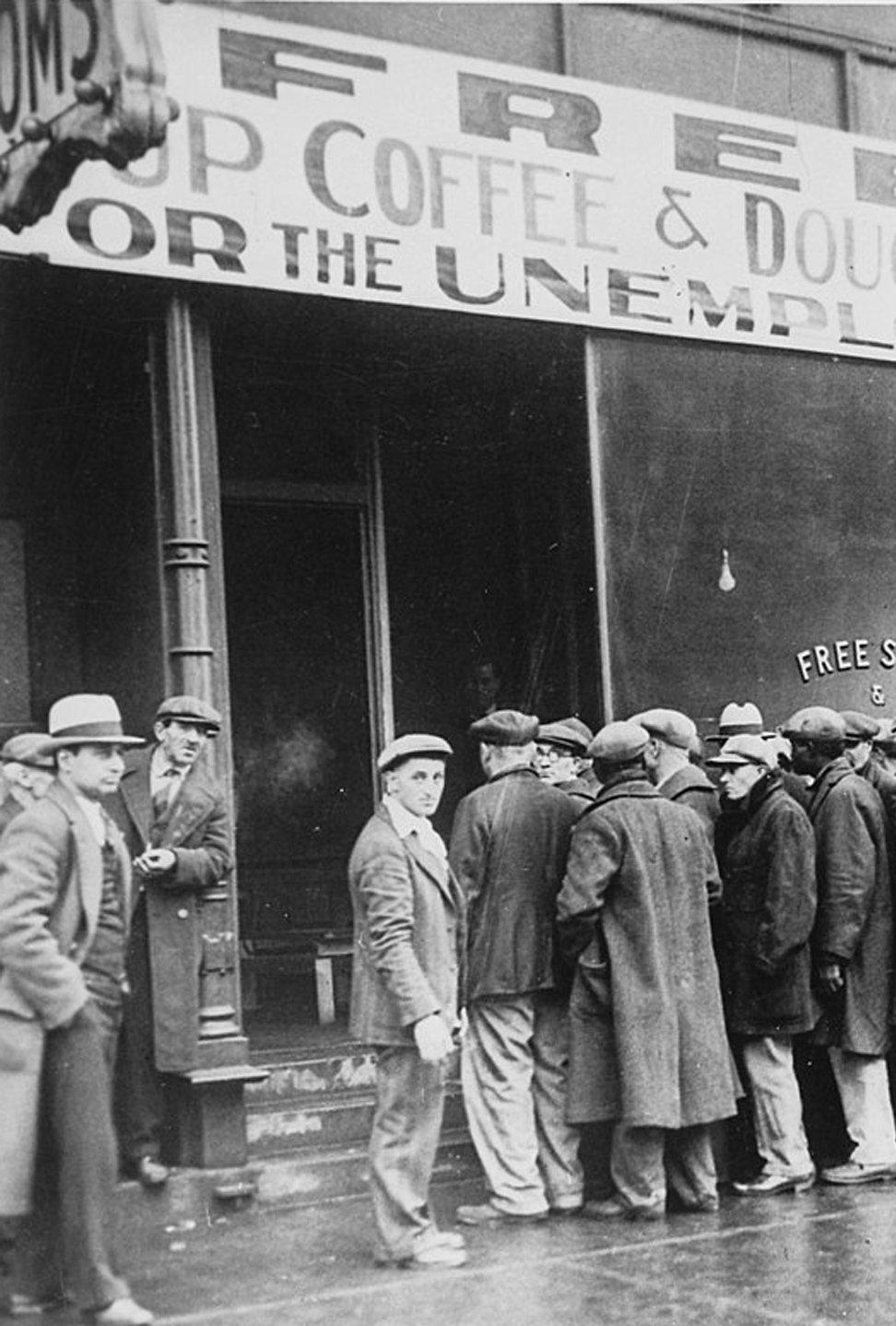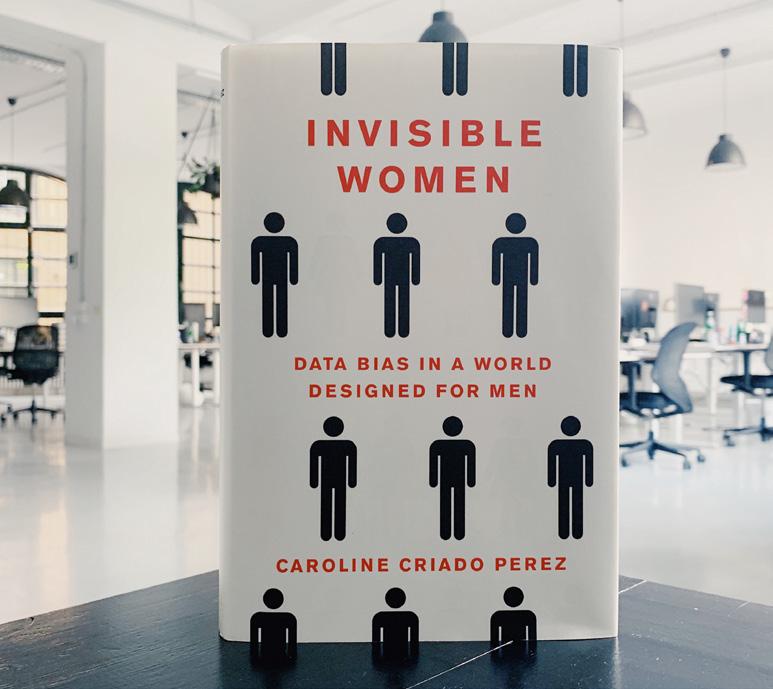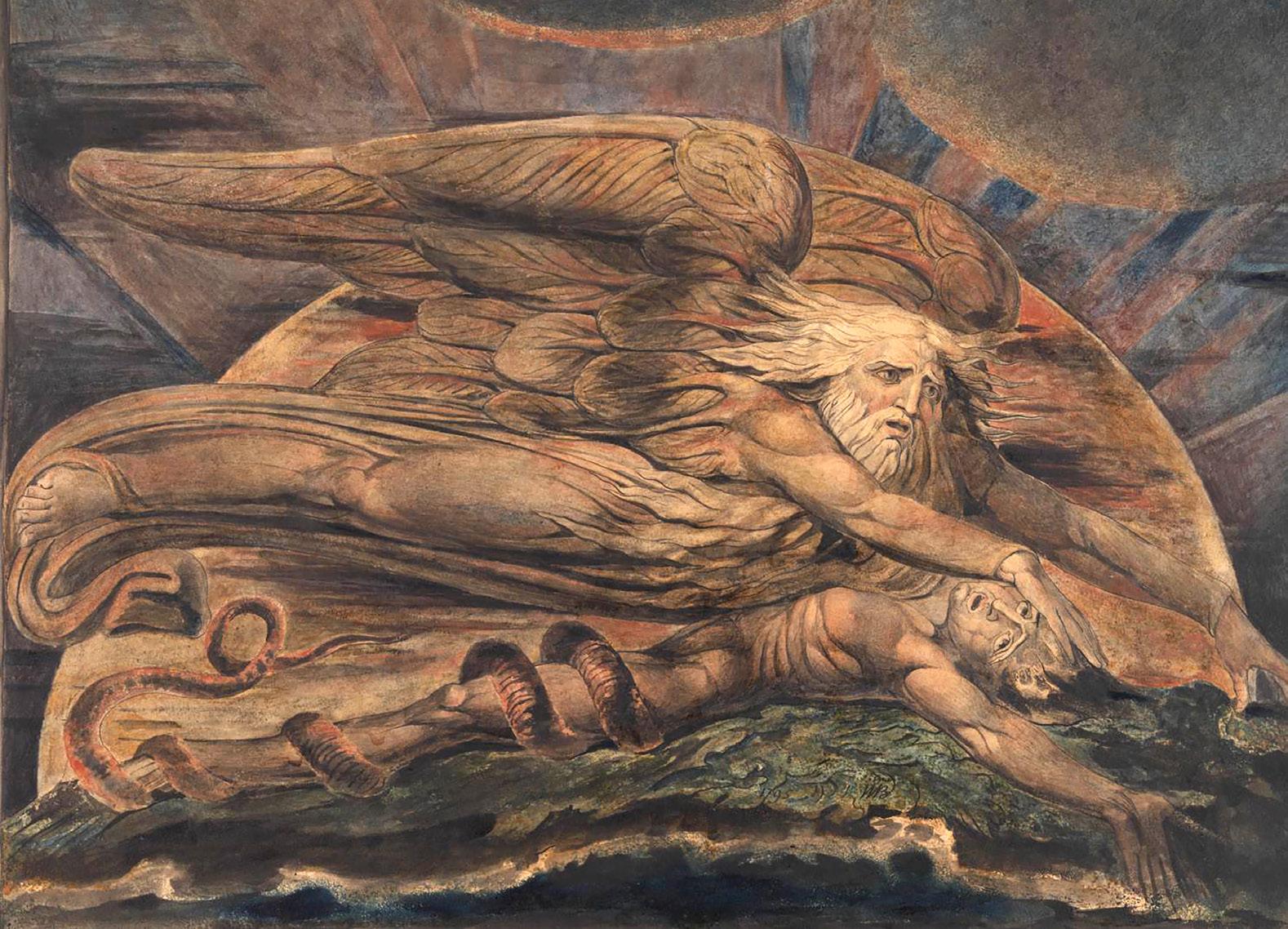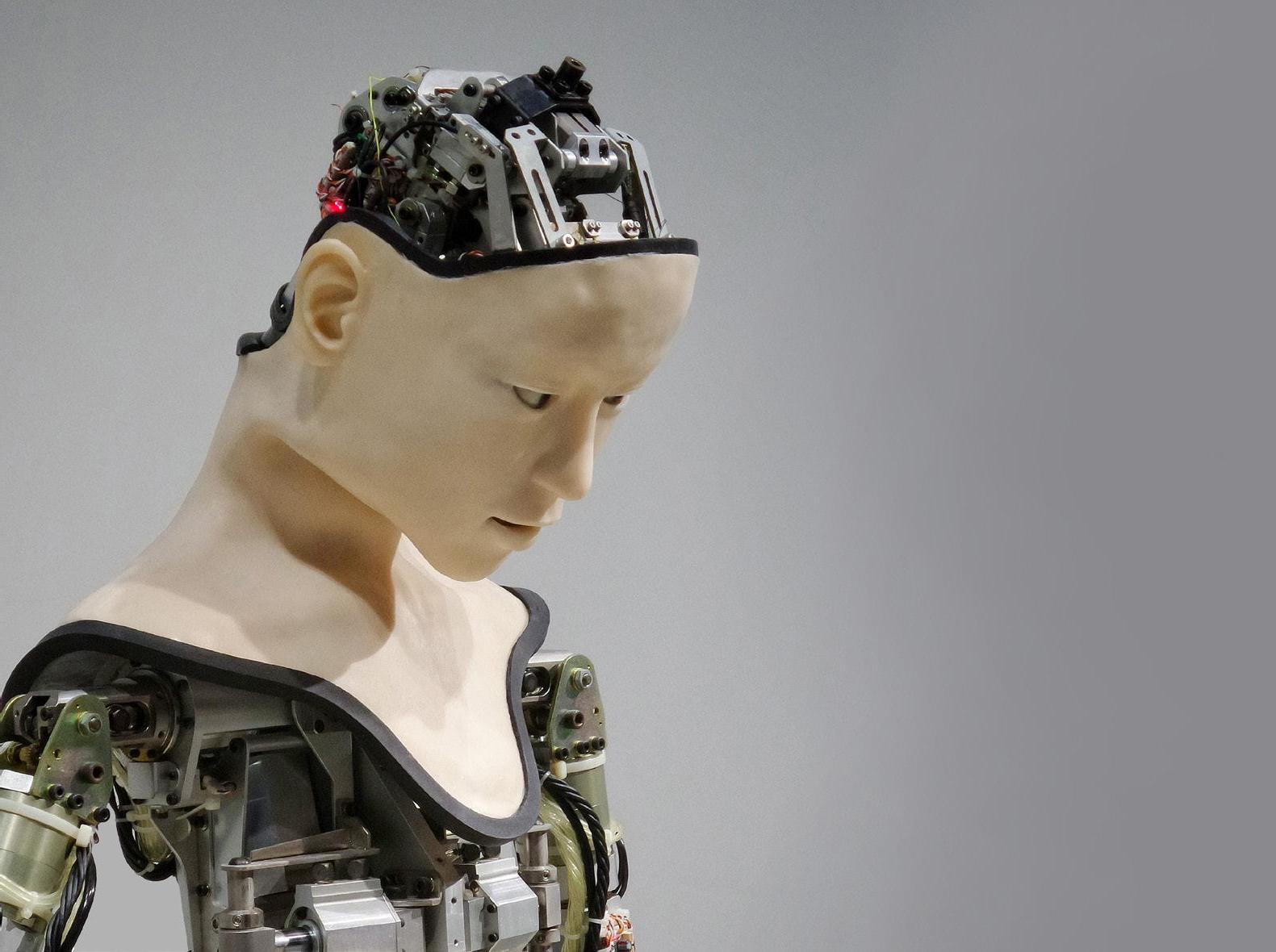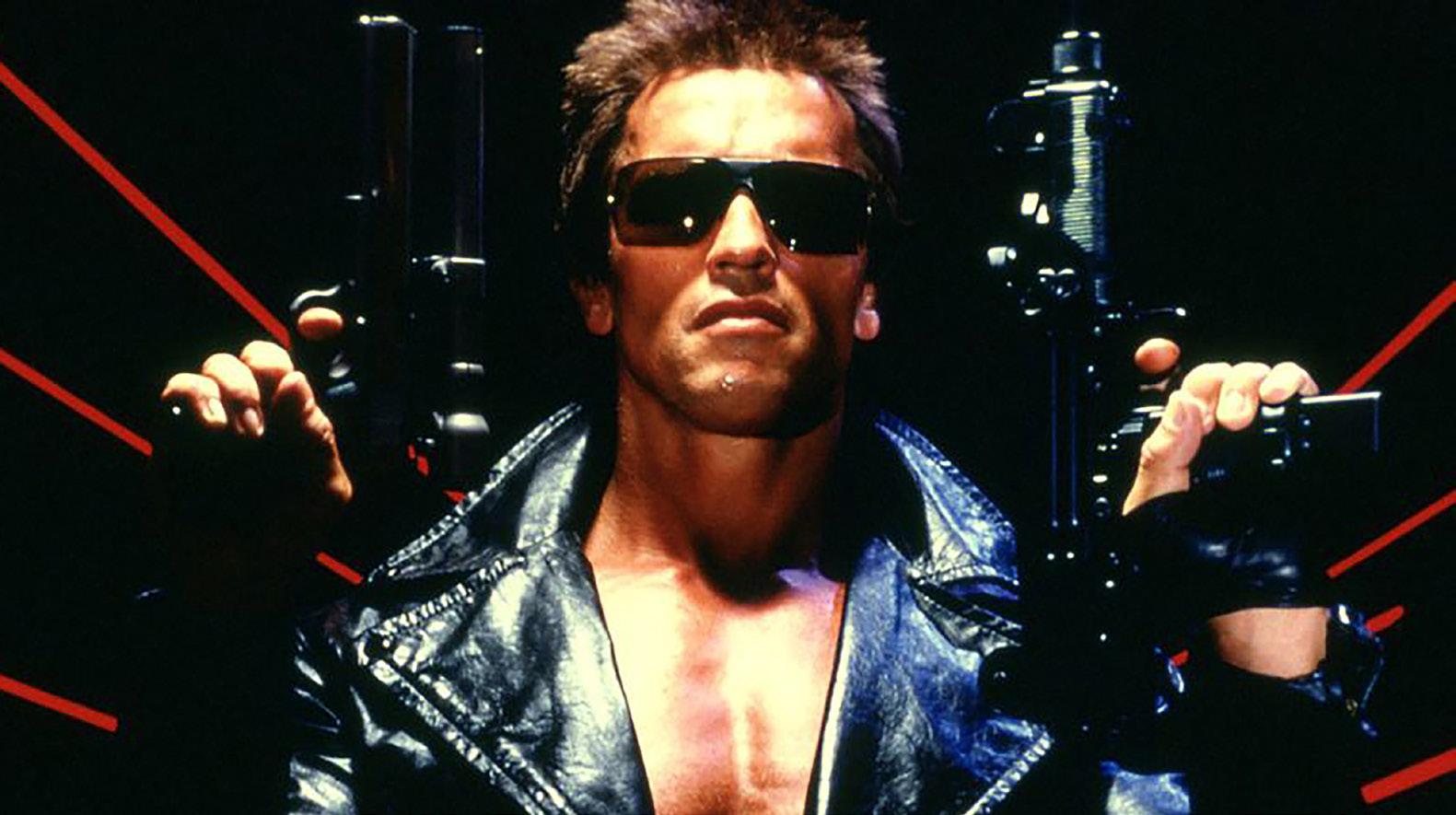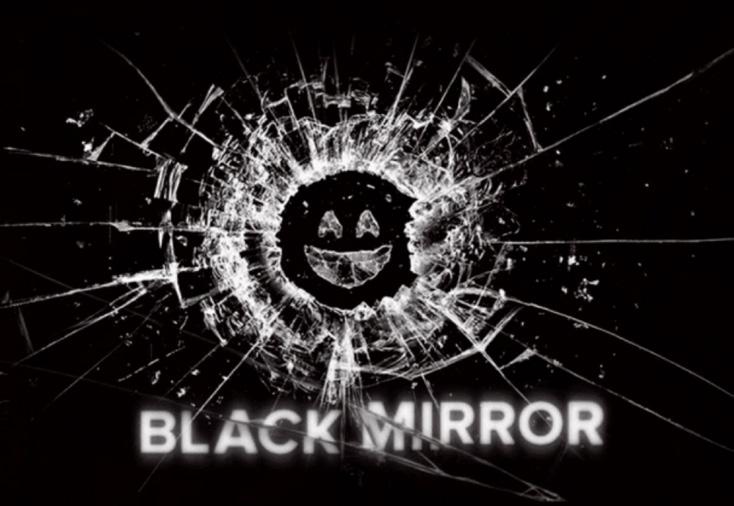The Terminator by James Cameron (1984)
TWO OF THE TOP THREE SURVEILLANCE SOCIETIES ARE DEMOCRACIES: THE USA AND THE UK.
24
I
P O RT S M O U T H P O I N T. B LO G S P OT.CO M
n a 2010 interview with Paris Review, science fiction author Ray Bradbury said: “Science fiction is any idea that occurs in the head and doesn’t exist yet, but soon will, and will change everything for everybody, and nothing will ever be the same again.” However outlandish they may have seemed when first articulated, “Ideas, when mobilised, become the templates of thought and practice.”. Many authors and filmmakers, over the centuries, have conjured many ideas that, at the time, didn’t seem possible, yet have, in the intervening years, become, wholly or in part, a reality. These futuristic inventions and ideas, expressed in novels and movies past and present, emphasise the creativity of the human mind and remind us that “Even the flimsiest ideas rooted in prejudice and ignorance make history and form public culture”. It can be argued that the depiction of the future in science
fiction has influenced our development as a society by transforming many of these ideas into reality. In the twentieth and twenty-first centuries, science-fiction is the mode of novel that has caught the attention of many, not least because of their fascination with innovative ideas that have become more of a reality during our era of dizzying technological progress. George Orwell’s 1949 novel, Nineteen Eighty-Four touches upon the themes of propaganda and totalitarianism, as well as philosophical issues such as the nature of identity and individuality, particularly in relation to the state. Orwell predicted the mass surveillance that characterises our twenty-first century society, as well as abuse of government control and the cult of personality, which we can certainly see in government and politics today, even in supposedly democratic societies. In Orwell’s novel, the reader is presented with an all-seeing totalitarian



